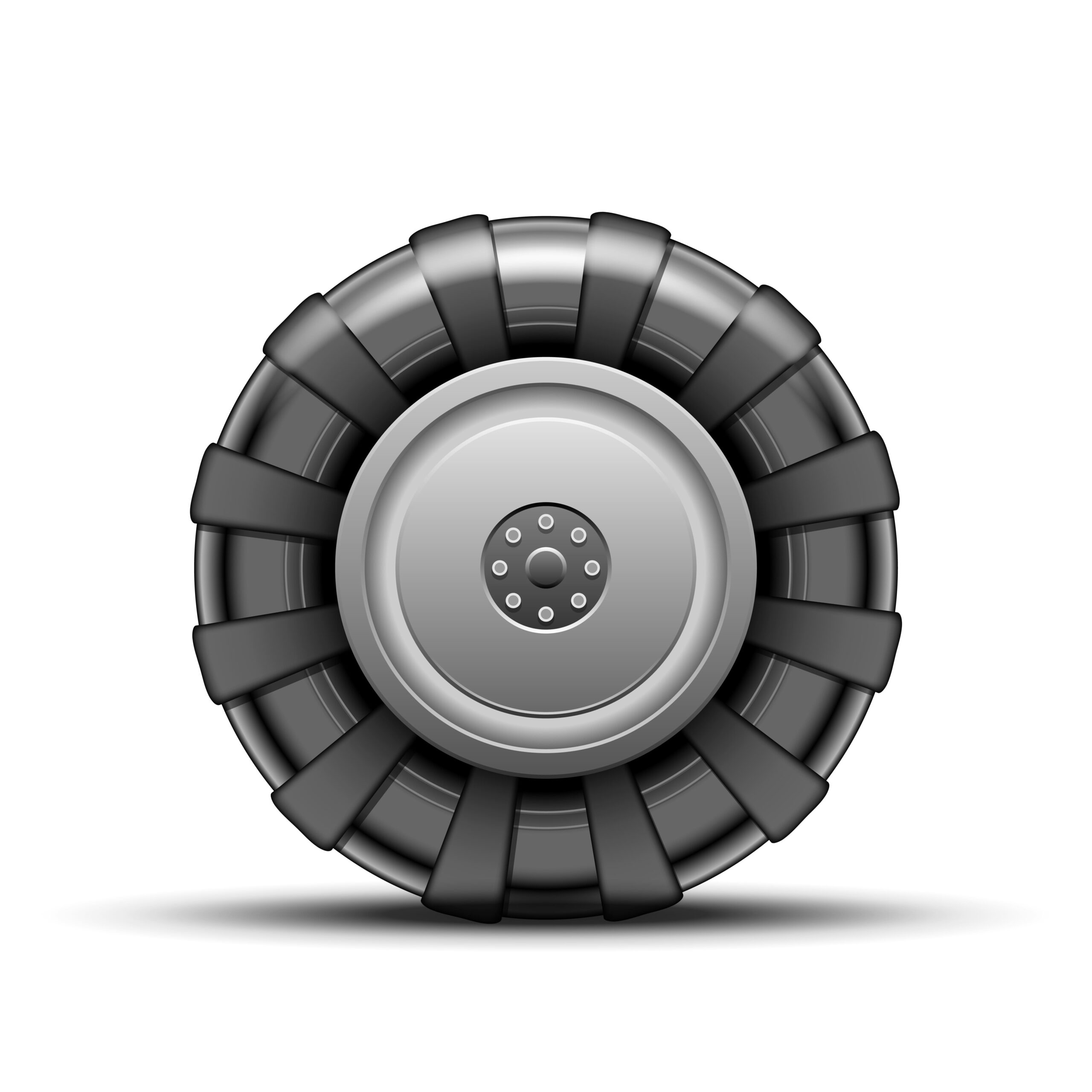Castor Wheel Manufacturers and Their Role in Efficient Material Handling
Castor Wheel Manufacturers and Their Role in Efficient Material Handling
In the complex world of logistics, warehousing, and manufacturing, the smallest components often play the most crucial roles. One such overlooked yet vital element is the castor wheel. These rotating wheels are found beneath trolleys, machinery, storage racks, hospital beds, airport carts, and countless other equipment designed for movement. Behind the scenes of this mobility revolution are the castor wheel manufacturers—specialists who design, engineer, and produce wheels that power efficient material handling in every industry.
Understanding the Foundation: What Are Castor Wheels?
Castor wheels are not just simple rolling devices. They are engineered with precision to bear heavy loads, navigate complex terrains, resist wear and tear, and offer smooth maneuverability. Depending on their application, castor wheels vary in terms of materials, load capacity, tread type, mounting systems, and braking mechanisms. From light-duty office chair wheels to heavy-duty industrial castors for factory floors, the range is wide—and so is the expertise required to manufacture them.
This is where experienced castor wheel manufacturers step in. With deep technical know-how and years of product evolution, they play an instrumental role in streamlining material movement across industries.
The Role of Castor Wheel Manufacturers in Industrial Efficiency
Material handling is the backbone of operational efficiency. Whether in a large warehouse or a compact manufacturing unit, the ability to move materials swiftly and safely determines productivity and cost-effectiveness. Castor wheel manufacturers contribute to this system by designing products that can withstand the unique demands of each application.
For instance, in environments where hygiene is critical—like pharmaceuticals or food processing—manufacturers offer stainless steel or polymer-based castors that are corrosion-resistant and easy to sanitize. In heavy-duty industries such as automotive or aerospace, castors must carry thousands of kilograms while offering minimal rolling resistance. The attention to such industry-specific needs is what separates high-quality castor wheel manufacturers from generic suppliers.
Precision Engineering: More Than Just a Wheel
The strength of any castor lies in its engineering. Professional castor wheel manufacturers adopt a science-first approach, beginning with in-depth research into user environments and load dynamics. Every component—from the wheel material to the bearing type—is chosen for optimal performance.
High-grade polyurethane, thermoplastic rubber, nylon, and forged steel are commonly used materials. These are selected based on whether the wheel needs to be heat-resistant, non-marking, oil-resistant, or shock-absorbing. Even the bracket and swivel design are calibrated to minimize stress during movement, reduce friction, and enhance durability.
The engineering doesn’t end with the product design. Manufacturing facilities are equipped with CNC machinery, automated testing labs, and load simulation rigs to ensure that every wheel leaving the factory is ready for real-world challenges. This commitment to precision manufacturing has allowed top castor wheel producers to earn the trust of large-scale industrial clients.
Customization and Innovation for Specific Needs
No two industries operate the same way, and castor wheel manufacturers recognize this fact by offering customization. Whether it’s a specific tread thickness for outdoor terrain or an anti-static wheel for electronics manufacturing, the ability to produce tailored solutions adds value to every supply chain.
Modern manufacturers often collaborate closely with engineering and procurement teams from client companies. This partnership leads to the development of bespoke castor wheels—optimized not just for weight or size but also for ergonomics, safety, and long-term wear resistance.
Technological advancements have also empowered castor wheel manufacturers to innovate. From integrating advanced locking mechanisms to designing noise-free movement systems and incorporating smart mobility sensors, the modern castor wheel is evolving quickly. And it’s the manufacturers leading this transformation.
Supporting Sustainable Operations
Another important contribution castor wheel manufacturers make is in promoting sustainability. By developing long-lasting, recyclable, and low-maintenance wheels, they help reduce waste and downtime. Eco-friendly manufacturing practices—such as using recycled materials or low-emission production lines—are also gaining traction among leading manufacturers.
The push for sustainability does not come at the cost of quality. In fact, sustainable castor wheels are often more efficient in the long run, as they reduce the frequency of replacement and maintenance needs. Many industrial units today look at lifecycle costs rather than just upfront pricing, and castor wheel manufacturers are responding with smarter, greener options.
Conclusion: The Unseen Backbone of Movement
While castor wheels may seem like minor components in the grand scheme of industrial operations, they form the unseen backbone of efficient material handling. Their ability to facilitate seamless mobility translates into faster workflows, safer environments, and lower operational costs.
Castor wheel manufacturers play an essential role in this system—not just by supplying wheels, but by engineering reliability, precision, and innovation into every unit. Their focus on industry-specific needs, sustainable practices, and technological advancement continues to drive the future of mobility in warehouses, hospitals, airports, and factories alike.
For businesses looking to optimize their internal logistics and enhance movement systems, partnering with trusted castor wheel manufacturers is not just a smart choice—it’s a strategic advantage.

